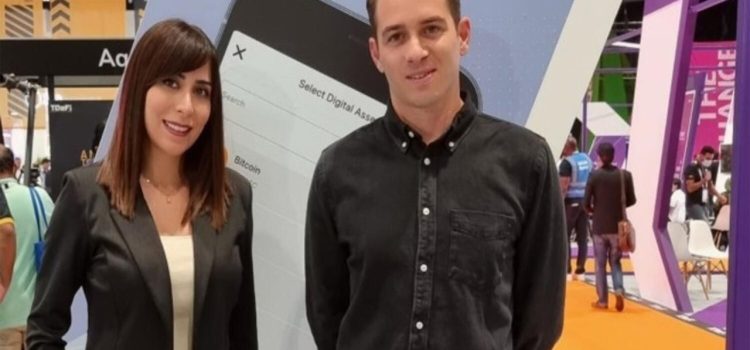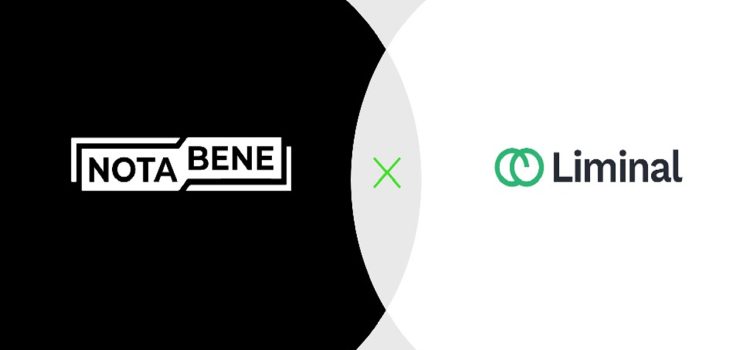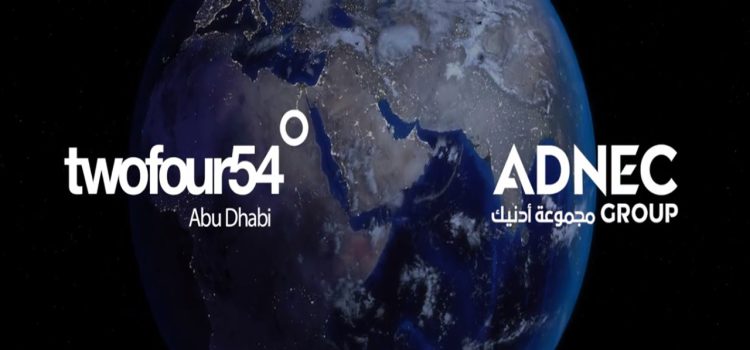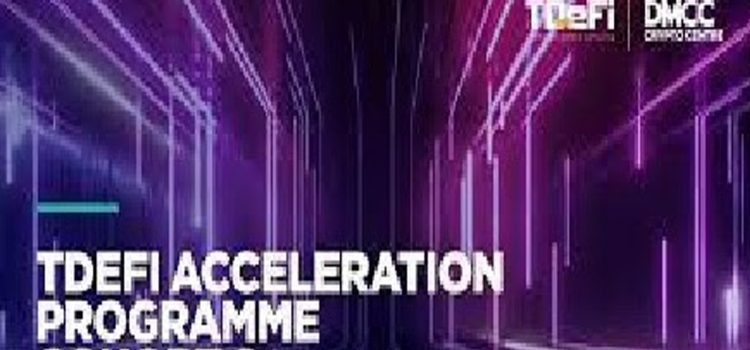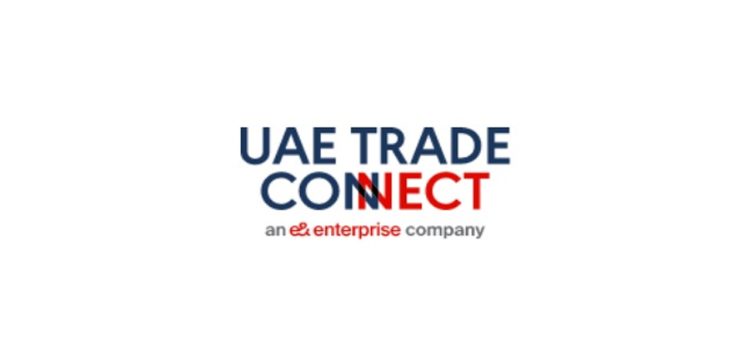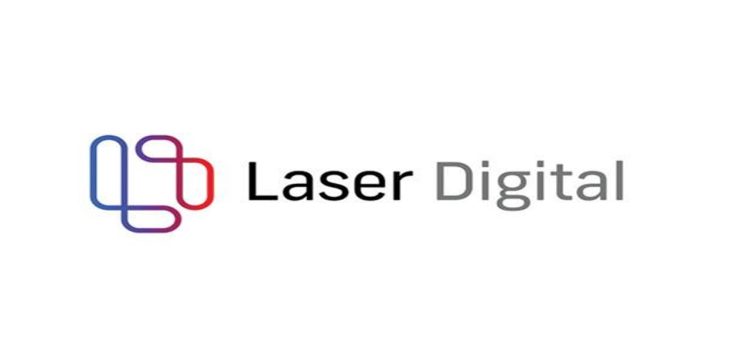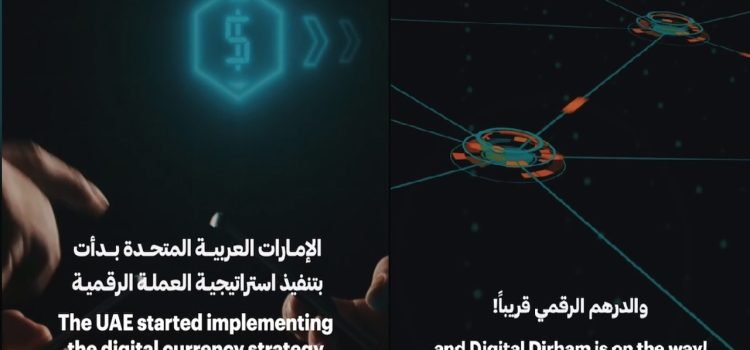
Samsung Gulf Electronics has hosted its Galaxy Unpacke event in UAE’s e& metaverse. The event will allow users to pre order their favourite Galaxy devices in the virtual space and take advantage of the exciting pre-order offers on the new devices as well as exciting pre-order offers Samsung is rolling out on the new devices across UAE and the wider GCC. These include free storage capacity upgrades, free Samsung Care+ support service, trade-in benefits, Samsung Rewards as well as free mobile accessories.
At the Galaxy Unpacked event that took place in Korea for the first time, Samsung unveiled a slew of new devices that included the Galaxy Z Fold5, Galaxy Z Flip5, Galaxy Tab S9 Series and the Galaxy Watch6 Series. This was the first time Samsung took to the metaverse and partnered with a global technology group such as e& to host a unique activation.
Commenting on the occasion, Khaled Elkhouly, Chief Consumer Officer, etisalat by e&, said: “At e&, we are committed to fostering partnerships that drive innovation. We’re thrilled to collaborate with Samsung and host its global Unpacked event in the e& universe, showcasing the full potential of our revolutionary metaverse. Bringing together various zones of boundless possibilities, the launch of e& universe is set to reshape the way we interact, explore and create, offering all our users a truly immersive experience. With our shared commitment to redefining possibilities, we are excited to embark on this journey and shape the future of the metaverse.”
DooHee Lee, President, Samsung Gulf Electronics, said: “The unwavering support from our technology partners, such as e&, especially during flagship product launches is truly encouraging. At Samsung, we constantly strive to challenge boundaries, foster forward-looking thinking, and encourage open collaboration with industry leaders. Hosting our global Galaxy Unpacked event in the e& universe has truly been a milestone; we look forward to more of such exciting collaborations and bringing the best of technology to our users.”
Hosted virtually in Arcadia Planitia, a virtual place on Mars, e& universe is a strategic and ambitious tribute to the UAE’s national space strategy and the success of the Hope Probe mission, the first mission led by an Arab country. e& universe invites users into a vibrant and dynamic digital realm, offering a multitude of exciting areas to explore and enjoy including e& universe Virtual Home, e& universe Shop and e& universe Arena & Stadium.











